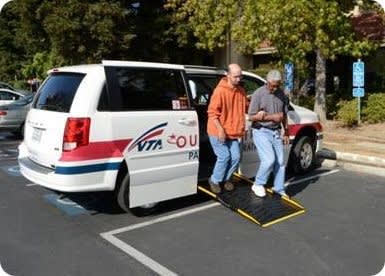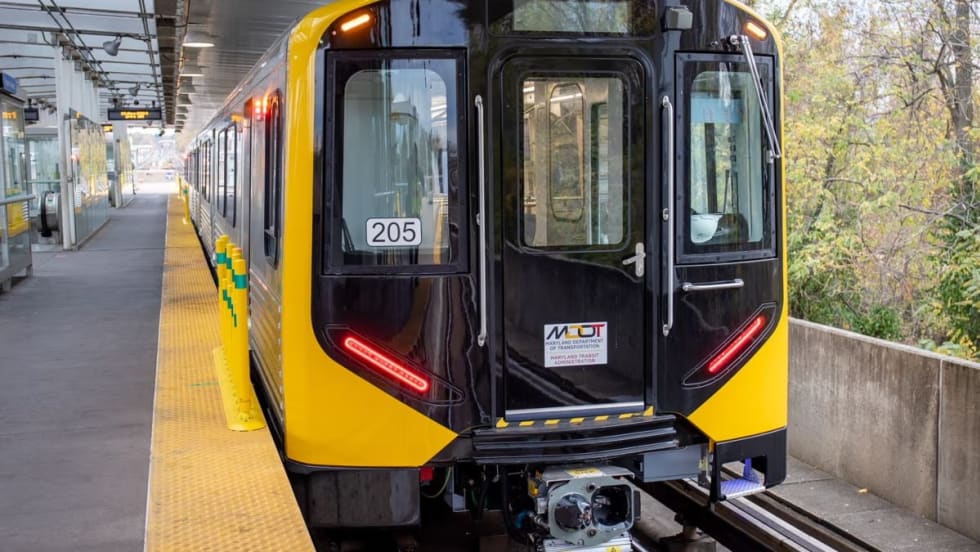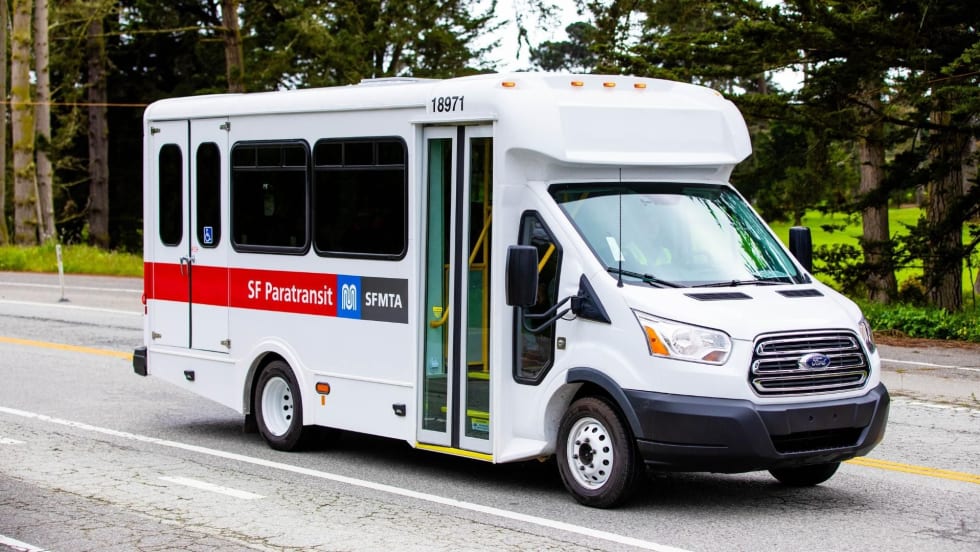The Federal Transit Administration (FTA) released a Final Report of the Coordinating Council on Access and Mobility (CCAM), which coordinates federal programs to improve access to jobs, schools, healthcare, and other opportunities. The report identifies challenges and barriers to improving access to transportation for people with disabilities, older adults, and individuals of low income.
The report also outlines activities the CCAM has undertaken to improve coordination across federally-funded transportation services for these populations.
The CCAM was established in 2004, when President George W. Bush signed Executive Order 13330: Human Service Transportation Coordination. The CCAM was charged with improving coordination across federally-funded transportation services with the goal of increasing access and efficiency of transportation for these targeted populations.
To improve coordination, the CCAM issues policy recommendations and implements activities that increase the efficiency, accessibility, and availability of federal programs that fund transportation services. The Secretary of Transportation chairs the CCAM, and 10 additional federal agency leaders form the remainder of the CCAM’s membership.
The successful execution of CCAM activities relied heavily on interagency coordination led by the U.S. Department of Transportation. CCAM members participated in a variety of workgroups to develop required work products. This culminated on Oct. 29, 2019 with the first official CCAM meeting since 2008 when the CCAM published the Strategic Plan.
Subsequent to the CCAM meeting, the CCAM has focused on completing the final report to the President.













